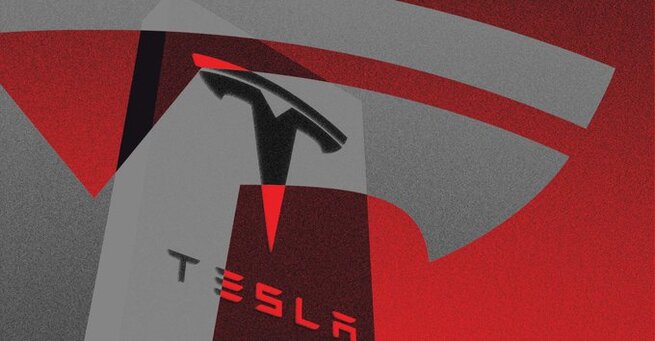
Tesla dissolves Dojo supercomputer team as AI strategy shifts
Tesla has officially dissolved its Dojo supercomputer team, marking a major change in its artificial intelligence strategy. The Dojo project, introduced in 2019, was designed to train AI models for Tesla’s self-driving technology and Optimus humanoid robot. This move comes amid a wave of departures, including the exit of Dojo head Peter Bannon, and signals Tesla’s pivot toward using external partners for AI chip production and computing power. The decision raises questions about the future of Tesla’s in-house AI capabilities and what this means for its autonomous driving ambitions.
Why Tesla is moving away from in-house Dojo technology
Dojo was originally pitched by Elon Musk as a high-performance training system capable of processing massive amounts of vehicle video data to improve AI algorithms. However, instead of continuing to develop this custom infrastructure, Tesla is now partnering with Nvidia and AMD for compute power while relying on Samsung for chip manufacturing. This shift reflects a broader industry trend toward leveraging proven, scalable hardware solutions rather than investing heavily in costly, proprietary AI systems.
Talent exodus and the rise of new AI ventures
The disbandment follows a significant talent loss earlier this year when around 20 members of the Dojo team left to launch DensityAI, a startup focused on data center solutions for industries like automotive and robotics. With these departures, Tesla reassigned remaining Dojo employees to other projects within the company. The talent shift suggests that while Tesla is scaling back its in-house AI hardware ambitions, its former engineers may continue shaping the AI landscape in new and unexpected ways.
Impact on Tesla’s AI future and robotaxi plans
This strategic pivot arrives just as Tesla rolls out its robotaxi service in Austin, Texas, and San Francisco. While the service still relies on human oversight, Tesla continues to position itself as a leader in autonomous mobility. By focusing on partnerships and new AI chip designs like the AI5 and AI6, Tesla aims to maintain competitive performance while reducing development risks. The Dojo project may be over, but Tesla’s AI journey is far from finished—its success will now depend on how effectively it integrates external technology into its ambitious plans.
𝗦𝗲𝗺𝗮𝘀𝗼𝗰𝗶𝗮𝗹 𝗶𝘀 𝘄𝗵𝗲𝗿𝗲 𝗿𝗲𝗮𝗹 𝗽𝗲𝗼𝗽𝗹𝗲 𝗰𝗼𝗻𝗻𝗲𝗰𝘁, 𝗴𝗿𝗼𝘄, 𝗮𝗻𝗱 𝗯𝗲𝗹𝗼𝗻𝗴. We’re more than just a social platform — from jobs and blogs to events and daily chats, we bring people and ideas together in one simple, meaningful space.